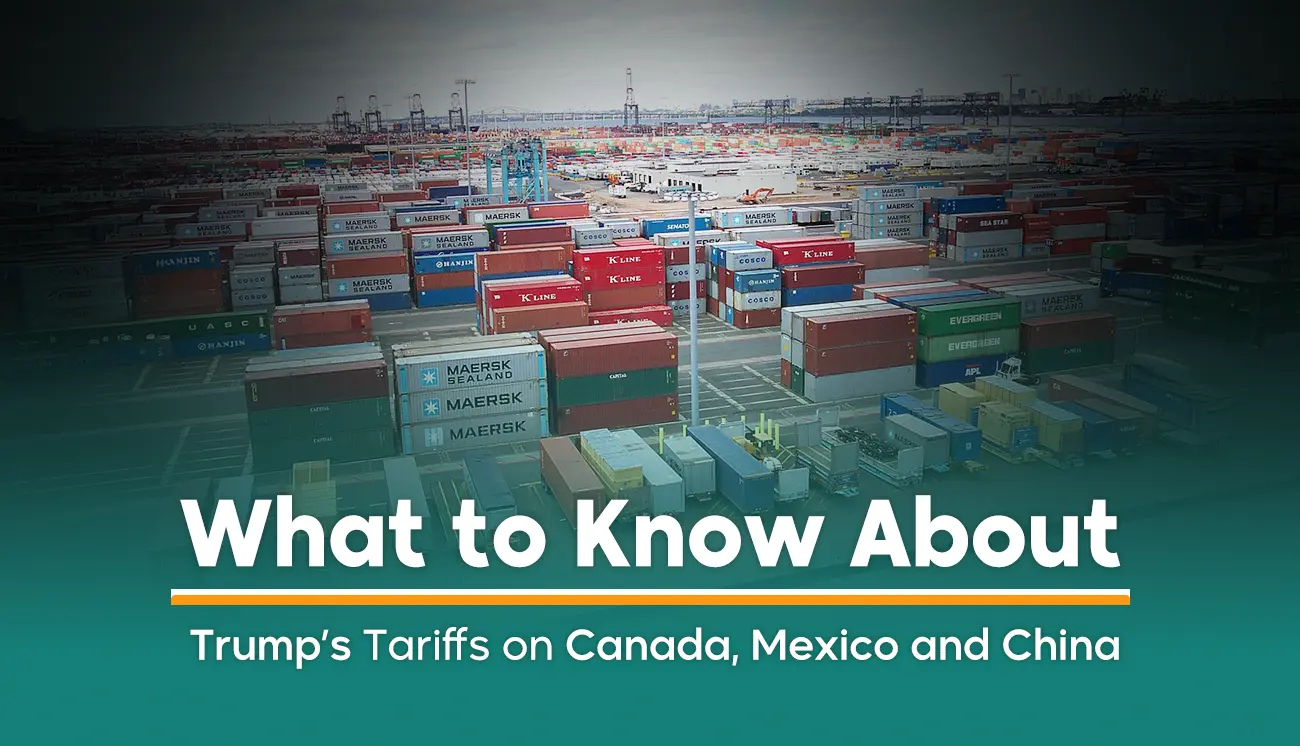In a highly controversial move, President Donald Trump has imposed new tariffs on imports from Canada, Mexico, and China, raising questions about the impact of these policies on the U.S. economy and trade relations with these key partners. Starting Tuesday, a 10% tax has been applied to Chinese imports, while a 25% tariff has been imposed on products from Canada and Mexico, including crucial energy supplies such as oil and natural gas from Canada.
This move is part of Trump’s efforts to address issues related to trade imbalances, immigration, and smuggling. The President links tariff impositions to controlling the flow of illegal goods across borders and curbing illegal immigration. In this context, Trump holds Canada and Mexico responsible for not taking sufficient measures to limit these issues.
However, economists warn that these policies may lead to negative economic consequences for U.S. consumers. The increased tariffs could cause inflation to rise by 0.4%, with growth projections for the U.S. economy slowing from 2.8% to 1.5% in 2025, and 2.1% in 2026. Additionally, the average American household may face an increase in living costs of up to $1,200 per year due to the higher prices of imported goods.
Although businesses bear the initial burden of tariffs, these additional costs are typically passed on to consumers, leading to higher prices for everyday goods and energy. Even domestically manufactured products may see price hikes if they rely on imported components or raw materials. Furthermore, retaliatory actions from Canada and Mexico could escalate the trade dispute, further harming American consumers and businesses.
Effect on U.S. Industries: These tariffs will significantly impact industries such as automobiles, electronics, and agriculture, particularly for companies that depend on imported raw materials. Rising costs could lead to higher consumer prices and reduced competitiveness.
International Relations: The tariffs could increase tensions between the United States and key allies such as the European Union, potentially leading to retaliatory measures and additional trade restrictions, complicating global trade relations.
Financial Market Reaction: Financial markets may experience heightened volatility due to economic uncertainties arising from these policies. Investors may hesitate to make investment decisions, given the uncertain economic landscape.
Global Economic Impact: As these countries represent some of the largest U.S. trading partners, these policies could contribute to a slowdown in global economic growth, affecting supply chains and international trade.
Many economists believe that these tariffs will slow economic growth. Some experts advocate for reducing trade restrictions, arguing that international cooperation is a more effective strategy for achieving economic objectives rather than escalating trade conflicts.
Despite Trump’s campaign promises to lower living costs, these tariffs appear to be increasing short-term prices and slowing economic growth. Nevertheless, Trump remains adamant that the long-term benefits of these policies—such as enhancing national security and achieving economic independence—justify the short-term economic burdens.





